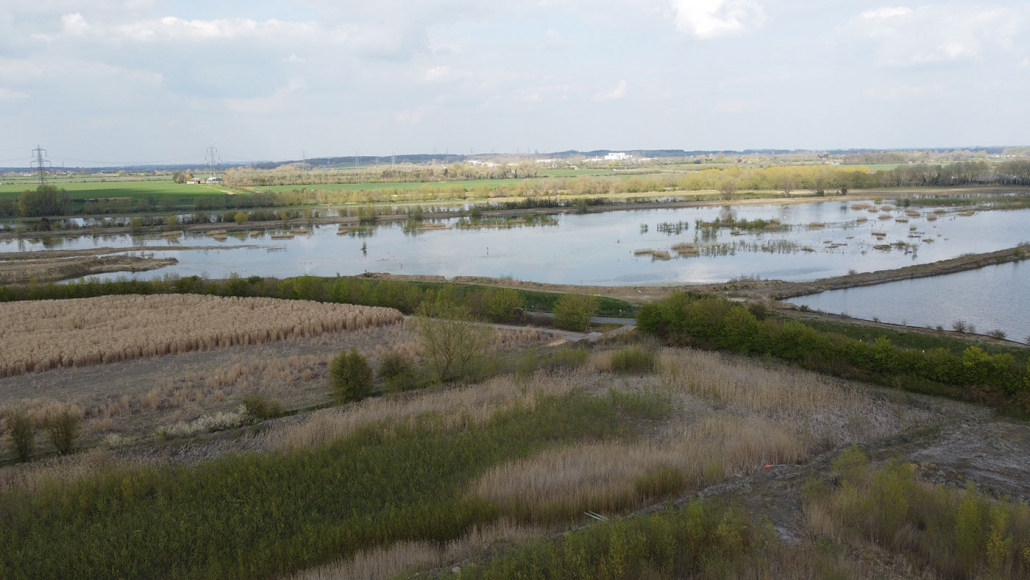Oxfordshire County Council rejects £300M HIF1 road scheme

Oxfordshire County Council’s Planning and Regulation Committee voted decisively 7 to 2 to reject the HIF1 road scheme earlier this week, against the planning officer’s advice. The committee heard objections on its first afternoon of meeting from experts, a retired planning inspector, planning consultants, Oxford City councillors, the Neighbouring Parish Councils Joint Committee, Nuneham Courtenay Parish Council, East Hendred Parish Council, Oxford Friends of the Earth, ORAA and residents who would be badly affected by the scheme. No speakers registered to support the HIF1 application and the sponsoring councillor Cllr Duncan Enright, who was due to address the committee on its first day, decided not to speak.
A second day was spent considering the case made for the scheme by Oxfordshire County Council, the applicant. Material considerations included the planning officer’s report setting out the case for approval, the county council’s own policies including its Climate Action Framework adopted in 2020, its Climate & Natural Environment Plan, adopted in November 2022 and its Local Transport and Connectivity Plan, adopted in July 2022. The latest annual report from the Committee on Climate Change published in June 2023 was a further material consideration.
The HIF1 scheme had been included in the county council’s own transport plan, and in South Oxfordshire’s local plan, and was said to be needed for 15,000 houses planned for Didcot Garden Town, Berinsfield and Culham. However, members questioned how new road building supported the most up to date transport plan to cut one in four car trips by 2030 and for net zero transport by 2050. The Local Transport and Connectivity Plan (LTCP) states: “We have found that road schemes often generate new demand and quickly reach capacity again. It is therefore not a sustainable long term solution for Oxfordshire’s transport network.”
The most recent Climate Change Committee report had not been considered and traffic modelling had not accounted for “induced demand”, meaning car trips are enabled when more roads are built. The effects on the surrounding network had not been considered either.
In the week when southern Europe is in a heat storm with temperatures breaching 44C the planning committee bravely voted 7 to 2 to refuse the application.
ORAA would like to thank everyone for your funds and support.
